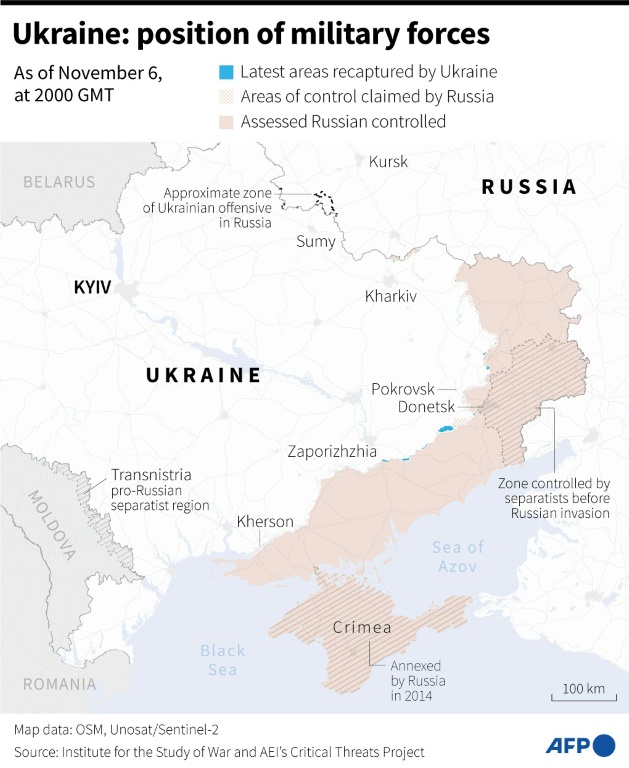“STICKS, MACHETS, IRON RODS”
Critics say the system benefits children of pro-government groups who back Prime Minister Sheikh Hasina.
Hasina, 76, won her fourth consecutive general election in January, in a vote without genuine opposition parties that saw a major crackdown against her political opponents, who boycotted the poll.
Injured student Shahinur Shumi, 26, said the protesters were taken by surprise.
“We were holding our procession peacefully”, she said from her hospital bed at Dhaka Medical Hospital.
“Suddenly, the Chhatra League (the ruling party student wing) attacked us with sticks, machetes, iron rods, and bricks.”
Police said hundreds of students from several private universities shouting anti-quota slogans joined the protests in Dhaka, halting traffic near the US embassy for more than four hours.
“Some 200 students squatted and stood on the road,” deputy police commissioner Hasanuzzaman Molla told AFP.
Thousands of students also marched in a dozen universities overnight Sunday into the early hours of Monday morning, protesting against what they said were Hasina’s disparaging comments.
Protesters said they were compared to collaborators of the Pakistani army during Bangladesh’s war of independence.
“This is unacceptable,” a female student from Dhaka University said, asking not to be named for fear of reprisal.
“We want a reform of the quota system so that meritorious students can get a fair chance.”
Violence also erupted during protests in Bangladesh’s second city Chittagong late on Sunday, anti-quota students said.
Khan Talat Mahmud Rafy, the organiser, said two fellow protesters were injured.
“Dozens of Chhatra League activists attacked one of our processions,” Rafy said.
Students are demanding that only those quotas supporting ethnic minorities and disabled people – six per cent of jobs – should remain.
Bangladesh was one of the world’s poorest countries when it gained independence in 1971, but it has grown an average of more than six per cent each year since 2009.
But much of that growth has been on the back of the mostly female factory workforce powering its garment export industry, and economists say there is an acute crisis of jobs for millions of university students.







